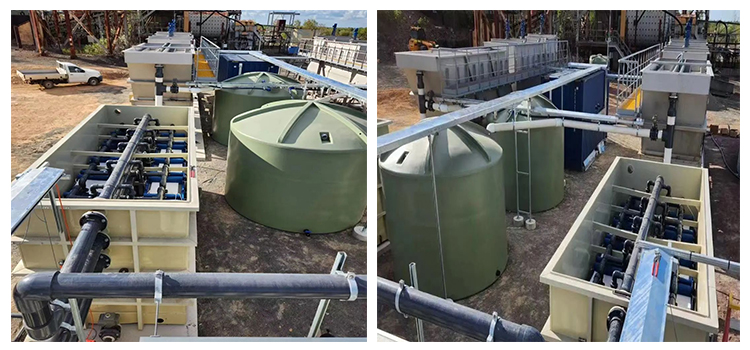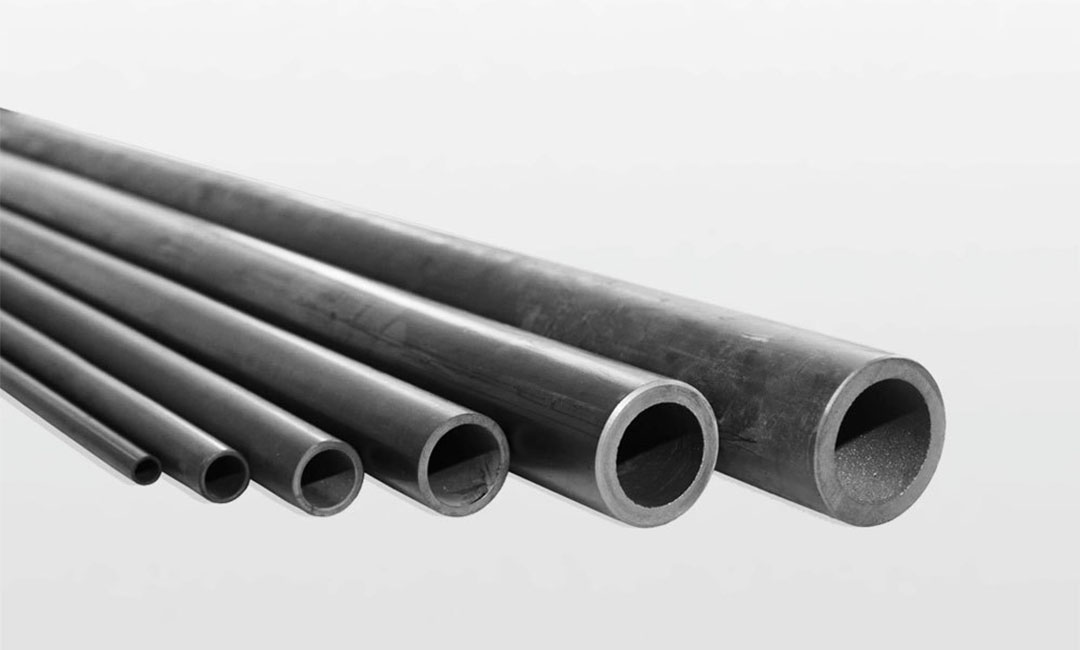Benefits of Using Silicon Carbide Water Membranes for Filtration
Silicon carbide water membranes have gained significant attention in recent years due to their superior filtration performance compared to traditional polymeric membranes. These membranes are made from a combination of silicon and carbon atoms, resulting in a material that is extremely hard, chemically inert, and resistant to high temperatures. This unique combination of properties makes silicon carbide membranes ideal for a wide range of water filtration applications.
One of the key benefits of using silicon carbide water membranes is their exceptional durability. Unlike polymeric membranes, which can degrade over time due to exposure to harsh chemicals or high temperatures, silicon carbide membranes are highly resistant to corrosion and can withstand a wide range of operating conditions. This durability translates to longer membrane lifespans and reduced maintenance costs, making silicon carbide membranes a cost-effective solution for water filtration systems.
In addition to their durability, silicon carbide water membranes also offer superior filtration performance. The unique structure of silicon carbide membranes allows for precise control over pore size, resulting in membranes that are capable of removing a wide range of contaminants from water, including bacteria, viruses, and organic compounds. This high level of filtration efficiency ensures that water treated with silicon carbide membranes meets stringent quality standards, making them ideal for applications where water purity is critical.
Another advantage of using silicon carbide water membranes is their resistance to fouling. Fouling, or the accumulation of contaminants on the surface of a membrane, can significantly reduce filtration efficiency and increase operating costs. Silicon carbide membranes are less prone to fouling than polymeric membranes, thanks to their smooth surface and high chemical resistance. This resistance to fouling allows silicon carbide membranes to maintain their filtration performance over time, reducing the need for frequent membrane cleaning and replacement.
Furthermore, silicon carbide water membranes are environmentally friendly. Unlike some traditional membrane materials, such as polyvinylidene fluoride (PVDF), silicon carbide is a non-toxic and recyclable material. This makes silicon carbide membranes a sustainable choice for water filtration applications, as they can be disposed of or recycled without causing harm to the environment.
Overall, the benefits of using silicon carbide water membranes for filtration are clear. Their exceptional durability, superior filtration performance, resistance to fouling, and environmental friendliness make them a highly attractive option for a wide range of water treatment applications. Whether used in municipal water treatment plants, industrial wastewater treatment facilities, or residential water filtration systems, silicon carbide membranes offer a reliable and cost-effective solution for ensuring clean and safe water. As the demand for clean water continues to grow, silicon carbide membranes are poised to play a key role in meeting this critical need.
Comparison of Silicon Carbide Water Membranes with Traditional Filtration Methods
Silicon carbide water membranes have emerged as a promising technology for water filtration due to their superior performance compared to traditional filtration methods. These membranes are made from a combination of silicon and carbon atoms, resulting in a material that is extremely hard and resistant to corrosion. This makes them ideal for use in water treatment applications where durability and efficiency are key factors.
One of the main advantages of silicon carbide water membranes is their high permeability. This means that water can pass through the membrane at a faster rate, resulting in quicker filtration times. In addition, the high permeability of silicon carbide membranes allows for a higher flux rate, meaning that more water can be filtered in a shorter amount of time. This is particularly beneficial in situations where large volumes of water need to be treated quickly, such as in industrial or municipal water treatment plants.

Another key advantage of silicon carbide water membranes is their excellent chemical resistance. Traditional filtration methods, such as reverse osmosis or ultrafiltration, can be susceptible to damage from harsh chemicals or high temperatures. Silicon carbide membranes, on the other hand, are highly resistant to a wide range of chemicals and can withstand temperatures up to 800 degrees Celsius. This makes them ideal for use in a variety of water treatment applications, including desalination, wastewater treatment, and industrial process water treatment.
In addition to their high permeability and chemical resistance, silicon carbide water membranes also offer superior mechanical strength. This means that they are less likely to break or deform under pressure, resulting in a longer lifespan and lower maintenance costs. Traditional filtration methods, such as ceramic or polymeric membranes, can be prone to cracking or delamination over time, leading to decreased performance and increased downtime. Silicon carbide membranes, on the other hand, are highly durable and can withstand the rigors of continuous use without compromising their filtration efficiency.
Furthermore, silicon carbide water membranes are also highly efficient in terms of energy consumption. Due to their high permeability and flux rate, these membranes require less energy to operate compared to traditional filtration methods. This can result in significant cost savings for water treatment plants, as well as a reduced environmental impact due to lower energy consumption.
Overall, silicon carbide water membranes offer a number of advantages over traditional filtration methods, including high permeability, chemical resistance, mechanical strength, and energy efficiency. These membranes are becoming increasingly popular in the water treatment industry due to their superior performance and durability. As technology continues to advance, silicon carbide membranes are likely to play a key role in the future of water filtration, providing a more sustainable and cost-effective solution for treating water on a large scale.
Applications of Silicon Carbide Water Membranes in Various Industries
Silicon carbide water membranes have emerged as a promising technology for water filtration due to their superior performance compared to traditional membranes. These membranes are made from a combination of silicon and carbon atoms, resulting in a material that is extremely hard and resistant to corrosion. This makes silicon carbide membranes ideal for use in a wide range of industries where water filtration is essential.

One of the key advantages of silicon carbide water membranes is their high permeability. This means that they allow water to pass through at a faster rate than other types of membranes, making them more efficient at filtering out impurities. This high permeability also results in lower energy consumption, making silicon carbide membranes a cost-effective option for water treatment plants.
In addition to their high permeability, silicon carbide water membranes are also highly durable. They are able to withstand harsh chemicals and high temperatures, making them suitable for use in industries such as pharmaceuticals, food and beverage, and wastewater treatment. This durability ensures that the membranes have a long lifespan, reducing the need for frequent replacements and maintenance.
Another benefit of silicon carbide water membranes is their resistance to fouling. Fouling occurs when particles and contaminants build up on the surface of the membrane, reducing its effectiveness. Silicon carbide membranes have a smooth surface that is less prone to fouling, allowing for continuous and efficient filtration over time.
The superior performance of silicon carbide water membranes has led to their widespread adoption in various industries. In the pharmaceutical industry, these membranes are used for the purification of water used in drug manufacturing processes. The high purity of water achieved through silicon carbide filtration ensures that the final product meets stringent quality standards.
In the food and beverage industry, silicon carbide water membranes are used for the treatment of process water and wastewater. These membranes are able to remove contaminants such as bacteria, viruses, and organic matter, ensuring that the water meets regulatory requirements for safe consumption and discharge.
In the wastewater treatment industry, silicon carbide membranes play a crucial role in the removal of pollutants from industrial and municipal wastewater. These membranes are able to effectively filter out heavy metals, organic compounds, and other harmful substances, resulting in clean water that can be safely discharged back into the environment.
Overall, silicon carbide water membranes offer superior filtration performance compared to traditional membranes, making them an ideal choice for a wide range of industries. Their high permeability, durability, resistance to fouling, and efficiency make them a cost-effective and reliable option for water treatment applications. As technology continues to advance, silicon carbide membranes are likely to play an increasingly important role in ensuring access to clean and safe water for communities around the world.

